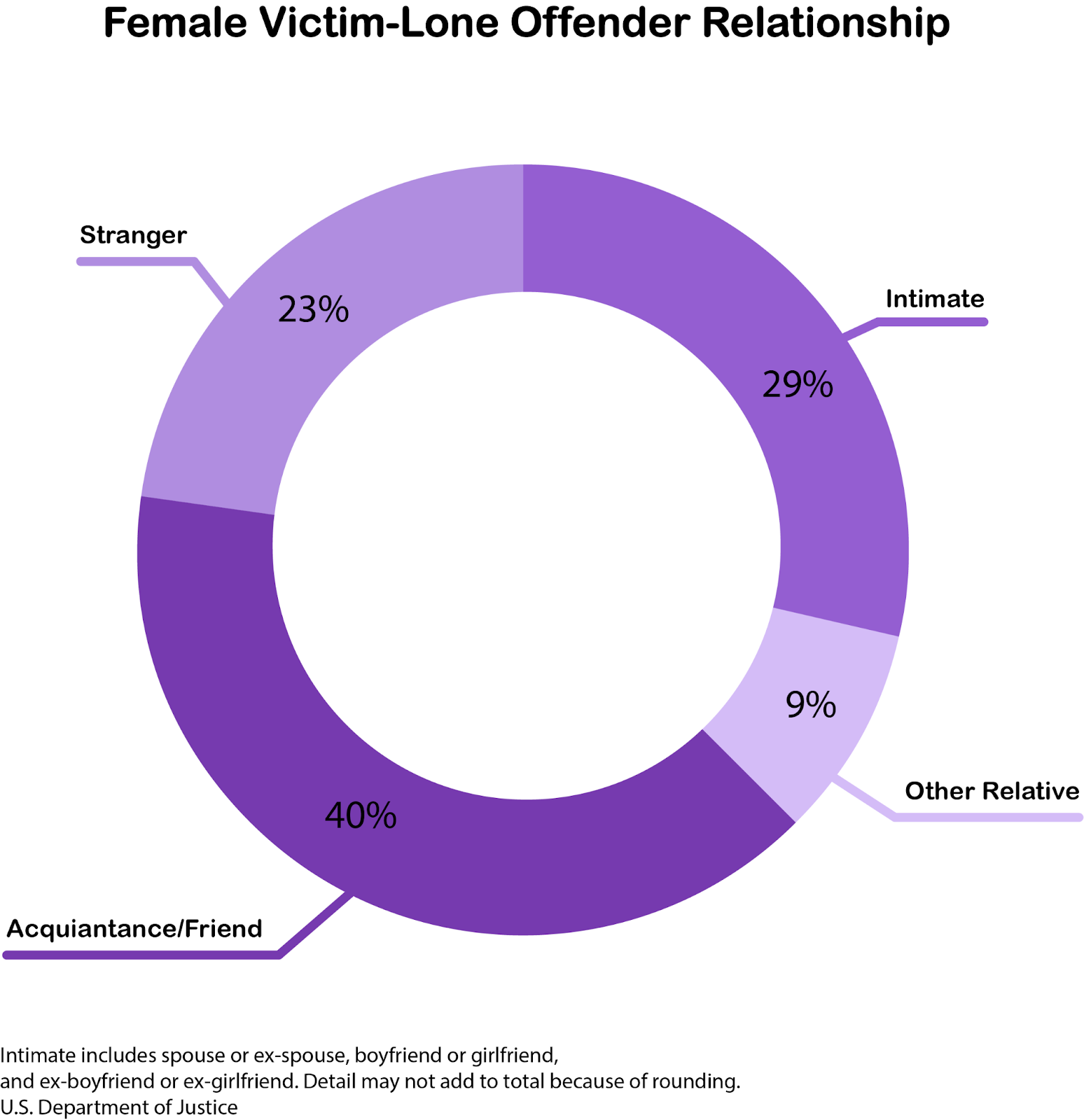
Guest Commentary: A Note to Men, on Behalf of Women
Dear Men,
For too long this issue has been considered a “woman’s issue.” Today I ask you to become a part of the solution.
Women are taught their entire lives what they should be doing to keep themselves safe, to make themselves less of a target: don’t walk alone at night, don’t dress provocatively, don’t get too drunk. Men severely underestimate the extent this impacts women’s actions and lives on a daily basis.
When I was studying abroad in Italy, I went to a bar with some male friends who, at the end of the night, left me to walk the rest of the eight blocks home…alone. A situation that, to them, seemed entirely normal, but as a woman in a foreign city I walked with keys in between my fingers on high alert the entire way back to my place. This fear to me was second nature; for them, it was another night out.
Don’t get me wrong, there is an array of organizations and legislation dedicated to helping women.
On Monday March 8, 2021, a bipartisan bill to renew and improve the Violence Against Women Act (VAWA) was introduced in the U.S. House of Representatives. The VAWA creates and supports comprehensive, cost-effective responses to domestic violence, sexual assault, dating violence and stalking. On Wednesday March 17, the bill was officially reauthorized.
Many of the institutions, laws and educational materials in place target assault as a women’s issue — one that men seem to be oblivious to in real world situations.
When shouldn’t they really be focusing on the men, the why and when, and ways to reduce crime in the first place?
One in three women worldwide have experienced physical and/or sexual violence in their lifetime, according to the World Health Organization. Society often portrays violence against women to be a result of some predator hiding in the bushes, though this is most often not the case.
Statistics show that women are more likely to be abused, assaulted or murdered by men close to them. Of 500,000 reported assault cases in a study by the U.S. Department of Justice, friends or acquaintances of the victims committed more than half the rapes or sexual assaults and strangers were responsible for only about one in five.

So, telling women not to walk alone at night won’t solve the problem if the men they need to be most careful of are the ones they trust, but educating men will. Publicly covering the more common stories in the news versus the rare and random attacks will. Showing men that these cases do not go unnoticed and that there are consequences will.
Going to college in Boulder as a woman, it’s pretty easy to recognize the college town’s toxic rape culture, from drugging to sexual assault. I tell male friends that I have been drugged multiple times and they act surprised, where for young, college women that is a normal occurrence. Living in a college town, men need to be educated on the topic of assault and learn ways to create a safer environment for their female friends.
As a man there are a few simple steps, derived from a study at the University of Southern California and combined my own personal experiences, that you can take to flatten the curve:
Men need to keep other men in check.
- This means paying attention to when other men may be crossing boundaries, whether it’s unwanted sexual activity, or a girl is too intoxicated. Take everything with a grain of salt, even if the guy says everything is fine, keep questioning throughout the night and talk to the girl.
- Watch when your friends say things that cross the line. What may seem like a simple locker room joke can snowball and lead to an environment that objectifies women making them feel unsafe. Call your friends out on phrases that are sexist or misogynistic.
- Make sure your friend knows that you don’t condone that behavior. Men need to know that there are consequences for their actions and that there are other men holding them accountable.
Initiate open conversation with other men.
- Having the hard conversations with your friends about what constitutes harmful behavior can break down stereotypes and pave the way for self-improvement.
Self-Evaluate.
- Address the ways in which you may be unknowingly contributing to the problem. Think about the things you say, and whether you are setting a good example for your friends and allowing your female friends to feel safe around you.
Listen to women.
- Give your friends a safe space to talk. Listen to their experiences, because many men don’t understand that this isn’t just something that happens every once in a while. Women are constantly thinking about their safety.
To some, this may seem like “hard work” (as one of my male friends has actually stated), but reconsider the work and stress that women experience daily. Simply, take a few moments of your time to show you can be better allies against systemic violence, harassment and assault.
Because this is not just a woman’s problem.
Sincerely,
Mia

